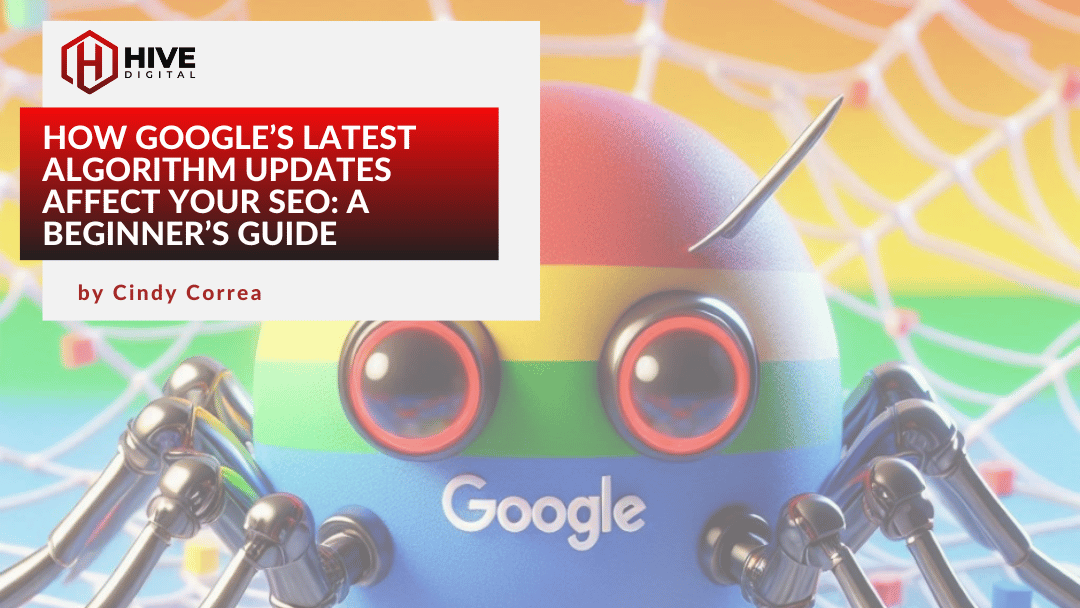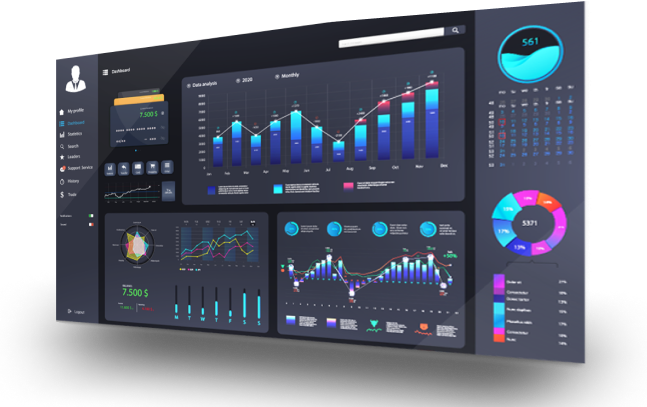 At Pubcon this October, John Rampton of Search Engine Journal interviewed Russ Jones, CTO of Virante, about how to Penguin-proof a website.
At Pubcon this October, John Rampton of Search Engine Journal interviewed Russ Jones, CTO of Virante, about how to Penguin-proof a website.
The Google Penguin algorithm update, which has now had several updates and refreshings, primarily goes after sites that have suspicious-looking backlink profiles. The update looks for telltale patterns that may indicate a site has built links to itself that intentionally attempt to manipulate Google’s search ranking system, and/or are planted on sites that are low quality or spammy themselves.
If a site trips enough of the signals Google has built into Penguin, it may get a manual search penalty, in which case some or all of its keyword rankings may fall drastically.
In this video interview, Russ Jones covers the main things that put a site in danger of a Penguin penalty, and a few tips on how to have a more Penguin-proof site. Full transcript below the video.
Search Engine Journal (SEJ): So how do we kill Penguins?
Russ Jones (RJ): (laughs) We should talk first about how we hurt them.
After Penguin 2.0 we started the Open Penguin Data Project. We looked at a large number of factors simultaneously, using the same types of machine learning techniques Google used to build Penguin in the first place. We now have this thing we call the Penguin Vulnerability Score (PVS). It predicts your likelihood of getting hit by Penguin.
The cool thing that comes out of it is, the spammy sites that you would expect to get hit, don’t. The plain manual algorithms catch the “payday loan” stuff.
SEJ: So, I’m a regular guy with a regular site. I’m more likley to get hit than a payday junkie down the street?
RJ: Absolutely. What was really interesting was when we ran our analysis on sites that got hit by Penguin 2.1, the payday loan sites that got penalized the same day, scored really low in vulnerability, because they were hit by manual penalties.
SEJ: But Matt Cutts said today that the next six months is going to be devoted to going after these guys. So, what’s going on there?
RJ: He said he wanted to go after things like hacked sites, and certainly that’s their priority, but at the end of the day, those hacked companies are not going to spend money trying to buy AdSense or AdWords. It’s the average Joe who gets hit by Penguin who then runs to AdWords to replace the traffic that they lost.
SEJ: So, I’m a business. How can I get back if I’ve been hit?
RJ: Well, there are really only two ways. The first is the hard part that everbody knows: remove links and disavow.
SEJ: Is that even working though?
RJ: It is. It is. We’ve seen many, many sites…we own Remove’em, which is a link removal company. It does take time, and it normally comes with a Penguin refresh. So you have to wait until that happens. But it does succeed.
The only other thing we’ve seen that works, that insulates you from Penguin, is high quality trusted links. Brands tend to earn those, and as much as I hate to admit that content marketing and such strategies are valuable, at the end of the day, if you’re not earning links that are of high enough quality, chances are you’re going to get caught.
SEJ: Now, define high quality. What are high quality links in your opinion/Google’s opinion?
RJ: That’s really a great point. I’m glad you asked that, because most people are thinking, “I got a link from Huffington Post” or “I got a link from The Washington Post” or some really fantastic site. But really it’s more about trust metrics. It was a decade ago that Huffington…
SEJ: So what you’re saying is that Huffington Post potentially doesn’t have that great of a trust signal, or does it have to do more with relevance to what they’re talking about?
RJ: It does. It does have trust signals, but tons of sites have trust signals. It’s more about getting links from sites that…and you can get this data from MajesticSEO or Moz, either domain trust flow or Moz Trust…but these metrics show sites that get links, in general, from trusted sites, like government or .edu sites. You want to get links from them, moreso than getting links from your avearage MySpace web page, or directory, or you know, some other piece of crap out there, that has a bunch of links, but isn’t necessarily getting links from the right places.
SEJ: OK, thank you very much!
Want to know if you’re site is at risk for a Google Penguin Penalty? Try our Penguin penalty checker PenguinAnaysis.com. Get your PVS (Penguin Vulnerability Score) and an exportable report of your danger areas and suspect backlinks for just a few dollars!













